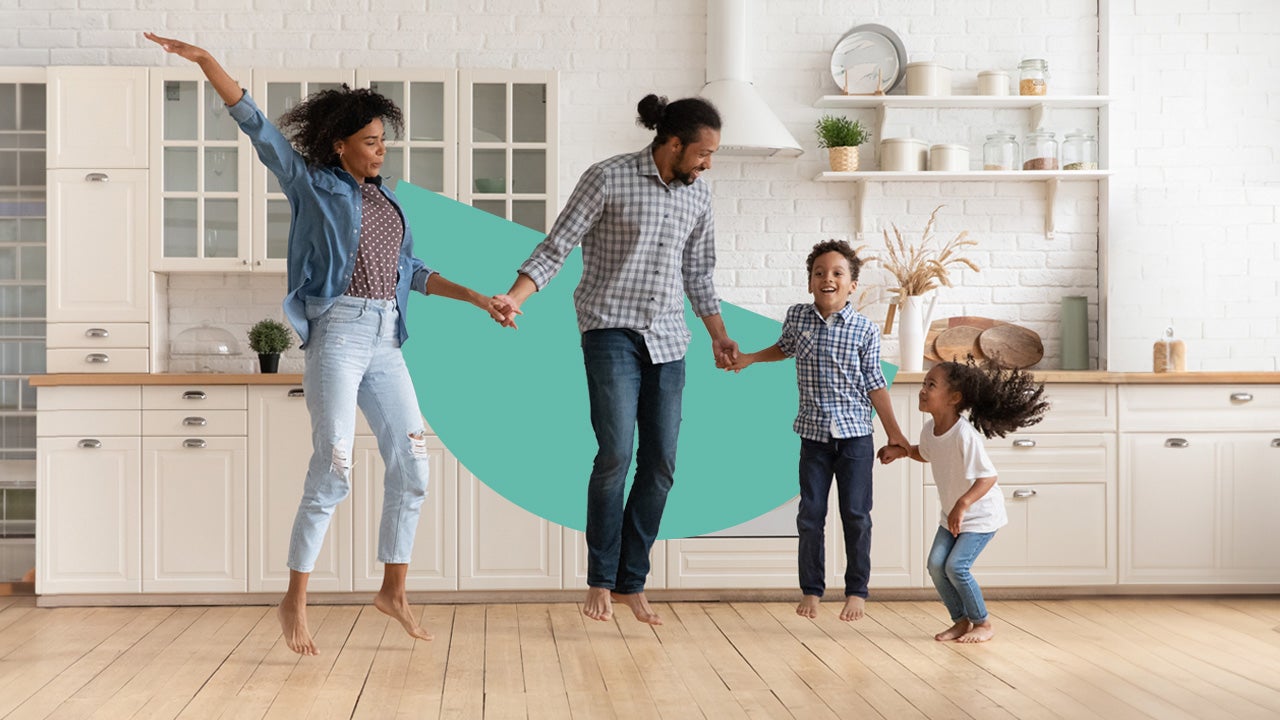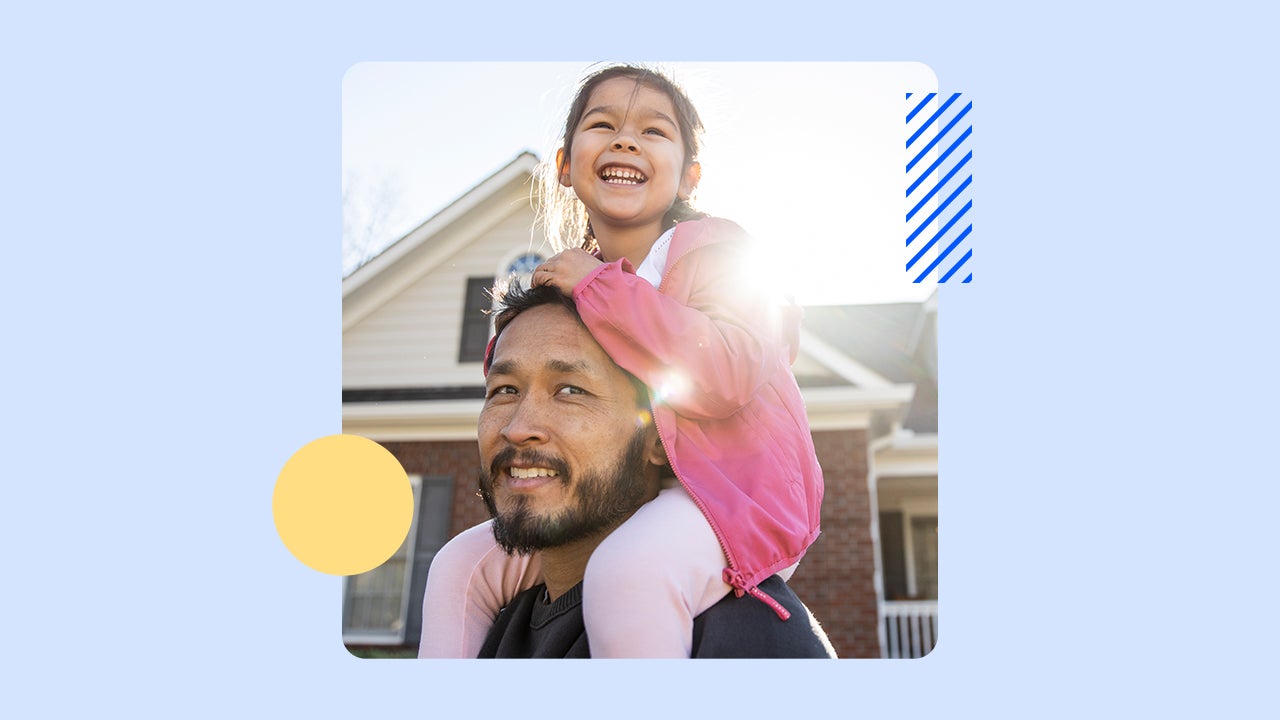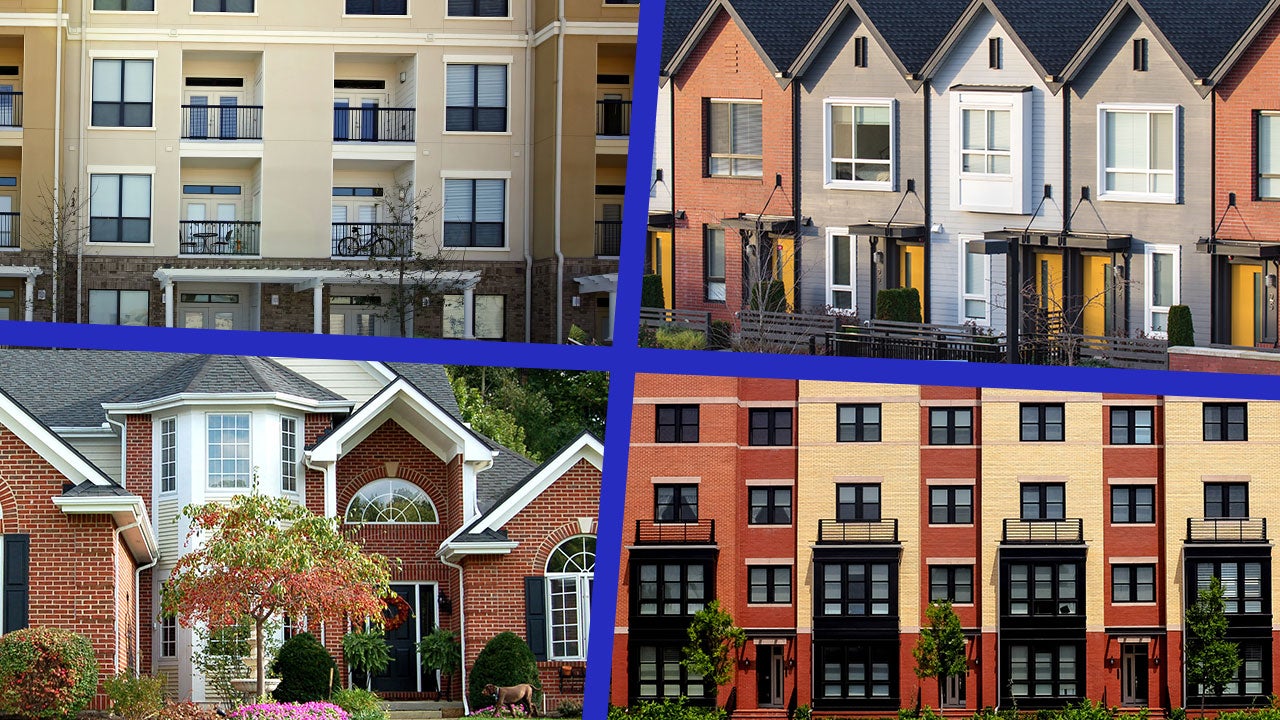Good Neighbor Next Door: What it is and how to apply
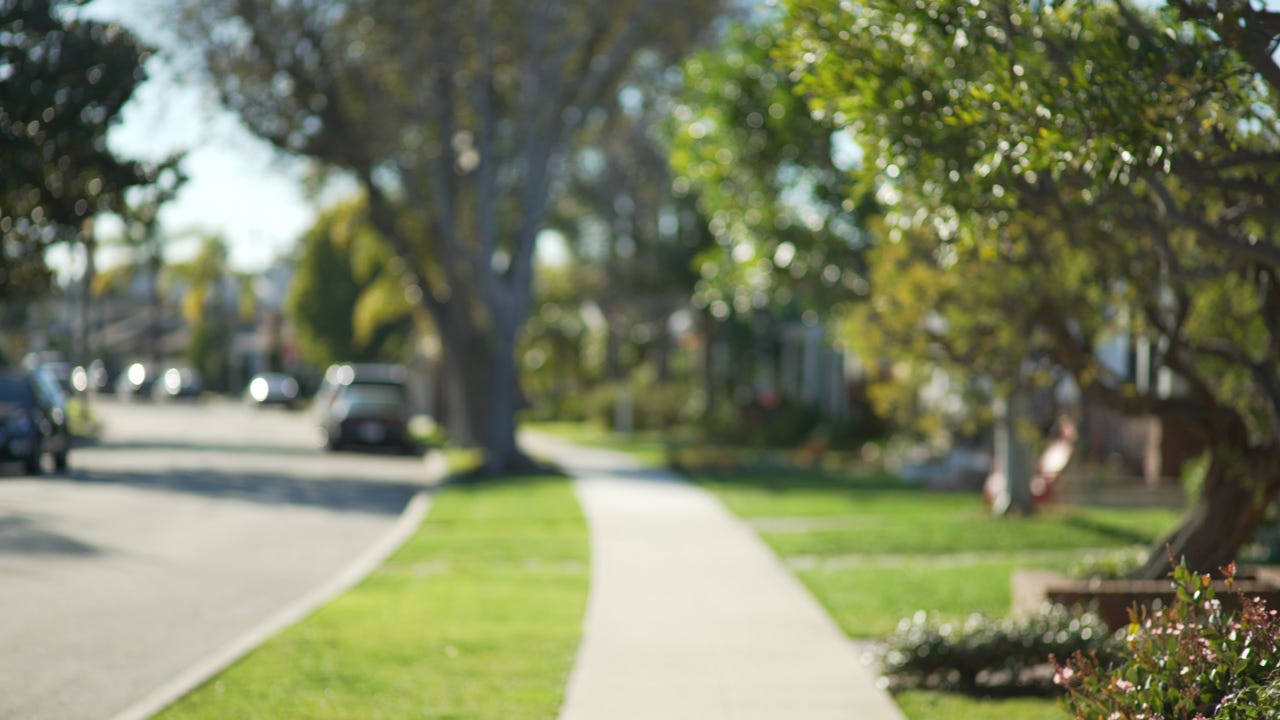
Key takeaways
- The Good Neighbor Next Door program offers qualifying buyers a chance to purchase a HUD-owned property for half off the list price and a down payment as low as $100.
- To qualify for the program, you must be a teacher, law enforcement officer, firefighter, or emergency medical technician and buy in a designated revitalization area.
What is the Good Neighbor Next Door program?
Good Neighbor Next Door is a community revitalization program, sponsored by the U.S. Department of Housing and Urban Development (HUD), for teachers, firefighters, law enforcement officers and emergency medical technicians (EMTs) buying a home in a HUD-designated revitalization area. Eligible homebuyers in these professions can purchase a qualifying HUD-owned home for 50 percent off the list price – as long as they agree to live in the home for three years and meet a few other basic requirements.
Who qualifies for Good Neighbor Next Door?
Among the criteria for eligibility, borrowers must certify that they plan to remain employed in their profession for at least one year after their closing date.
- Teachers: You must teach full-time for a state-accredited public or private school, enrolling students in pre-kindergarten through 12th grade. Students served must be from the area where you’ll purchase the home.
- Law enforcement officers: You must work full-time, either for a federal, state, local, or Indian tribal government and buy a home in the area you serve.
- Firefighters: You must be employed as a full-time firefighter by a fire department within the federal, state, local, or Indian tribal government where you plan to buy a house.
- Emergency Medical Technicians: You must be a full-time EMT working for an emergency medical services unit of a federal, state, local, or Indian tribal government covering the area where the home is located.
Civilian personnel, dispatchers and volunteers aren’t eligible for the program.
Additional Good Neighbor Next Door requirements
In addition to the occupation-specific criteria, there are a few other requirements that apply to all participants in the Good Neighbors Next Door program:
- You can’t be a past program participant.
- You don’t need to be a first-time homebuyer, but you can’t have purchased or owned a home in the past 12 months.
- The home you buy through the program must be your primary residence.
- You must live in the home for the next three years and certify your residence every year during this period.
How the Good Neighbor Next Door program works
1. Get preapproved for a loan
Good Neighbor Next Door requires that you take out two mortgages: One is the mortgage from your lender; the other is a “silent” second mortgage that covers the 50 percent discount, which charges no interest and requires no payments or mortgage insurance on your part.
Once a HUD-qualifying home is listed, you have just seven days to place a bid, so it’s essential to get preapproved for a mortgage beforehand. You can choose your lender, but you’ll need to obtain an FHA loan from an FHA-approved lender if you want to be eligible for the $100 down payment.
2. Work with a HUD-registered real estate broker
Only brokers designated by HUD can submit a bid for you. You can find a HUD-registered broker in your area through HUD online.
3. Start looking for a home
Eligible homes are listed online through HUD each week. You can search by state, county, city and even street, and in specific price ranges or for a certain number of bedrooms or bathrooms. Your HUD-registered broker might be able to sign you up for new listing notifications, as well.
Houses sold through the Good Neighbor Next Door program are single-family, real-estate owned (REO) properties in HUD-appointed revitalization areas. Note that all homes are sold “as is,” so you won’t be able to negotiate repairs.
Inventory is limited, and some states only have a few properties for sale at any given time. Since homes are only listed for a week, you should be ready to bid if you find one that appeals to you.
4. Submit a bid
Once you’ve found a home you like, your broker will submit a bid on your behalf for the amount of the full list price; HUD will apply the 50 percent discount if your bid is chosen. HUD selects winners by random lottery.
If the home is awarded to you, you’ll complete purchasing paperwork and pay an earnest money deposit totaling 1 percent of the list price, a minimum of $500 and no more than $2,000.
The earnest money deposit must be made within two business days of winning the home, in the form of a cashier’s check, certified check or money order.
5. Close on your new home
If the home requires extensive repairs, HUD will give you up to six months to make them before you move in and start fulfilling your three-year residency requirement.
Note that HUD won’t pay for any of the closing costs or your broker’s commission, so you’ll need to have these funds prepared ahead of closing if you’d prefer to pay upfront. You can also finance these expenses by rolling them into your mortgage if you don’t have the cash handy.
Good Neighbor Next Door pros and cons
Pros of Good Neighbor Next Door
- You save 50 percent on the price of a home.
- You’ll put as little as $100 down if you use an FHA loan, and you can finance the closing costs.
- You can roll your repair costs into the mortgage when you use a renovation loan, such as an FHA 203(k) loan, which allows you to borrow up to 110 percent of the home’s appraised value to make upgrades.
- You can build wealth quickly, becoming a homeowner at a significantly discounted cost.
- You’ll help revitalize a neighborhood, which, in turn, could improve home values.
Cons of Good Neighbor Next Door
- The housing stock is extremely limited, as the home needs to be a HUD-owned property in a declared revitalization area.
- You have to act quickly. Qualifying homes are listed for only seven days before they become available to the general market at full price.
- You’ll lose money if you move out too quickly. If you move out before the three-year tenure requirement is up, you’ll have to repay HUD a prorated amount of your 50 percent discount. If you receive a $50,000 discount on a $100,000 home and sell it after 18 months, HUD will take $25,000 — half the discount — from the proceeds of the sale.
- You’re competing with other buyers. If more than one person puts in a bid on the house, the buyer is selected by random lottery.
- Refinancing is tricky. It’s possible to refinance your mortgage, but only under certain conditions. Since your home has two mortgages, HUD will agree to a refinance if you’re looking for an FHA 203(k) loan, trying to get a lower interest rate or to prevent you from defaulting on your first mortgage.
Who should use Good Neighbor Next Door?
If you fit the criteria for Good Neighbor Next Door, and you think you can meet the three-year residency requirement, it’s absolutely worth looking for a home through the program. Even if you move out before the three years are over, the discount you receive may make the program worthwhile, anyway.
However, if you need to buy a home on a strict timeline, it’s probably wise to have a back-up plan, such as a traditional FHA loan. You’ll have a much broader choice of properties and still be able to make a relatively low down payment.
Alternatives to Good Neighbor Next Door
While the Good Neighbor Next Door program can be an option for certain types of homebuyers in specific areas, there’s a very limited inventory of homes. Here are alternatives to consider:
- Teacher Next Door: Teachers and other school personnel — including administrators, maintenance workers and office staff — can receive grants of up to $8,000 through this program. They can also qualify for down payment assistance of as much as $15,000.
- Private and nonprofit programs: The national Homes for Heroes program is one example that provides real estate services and housing assistance to first responders, military members and veterans, medical professionals and teachers. Everyday Hero Housing Assistance Fund is another organization which provides closing cost grants to buyers in specific professions.
- Government loans: FHA loans, VA loans and USDA loans are low- or no-down payment loans for credit-challenged borrowers, military members, veterans and others.
- Down payment assistance programs: Private lenders, as well as state and local governments, offer grants and loans for low- and moderate-income buyers — often first-time homebuyers — to use for down payment costs. You can search for options on the Down Payment Resource website.
- Union help: Some labor unions, including the United Federation for Teachers, have partnerships that can help members become homeowners.
FAQ
Additional reporting by Mia Taylor
Why we ask for feedback Your feedback helps us improve our content and services. It takes less than a minute to complete.
Your responses are anonymous and will only be used for improving our website.
You may also like
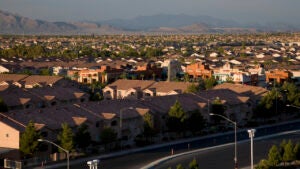
How to sell a house by owner in Nevada
